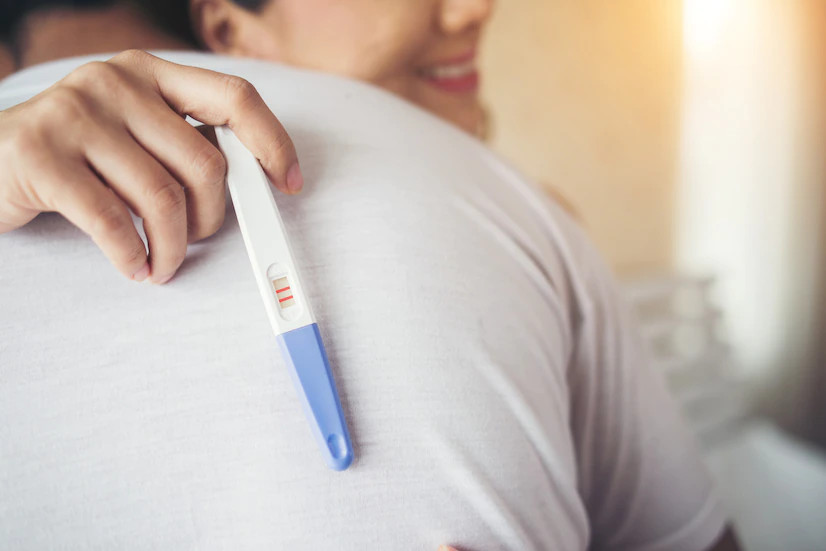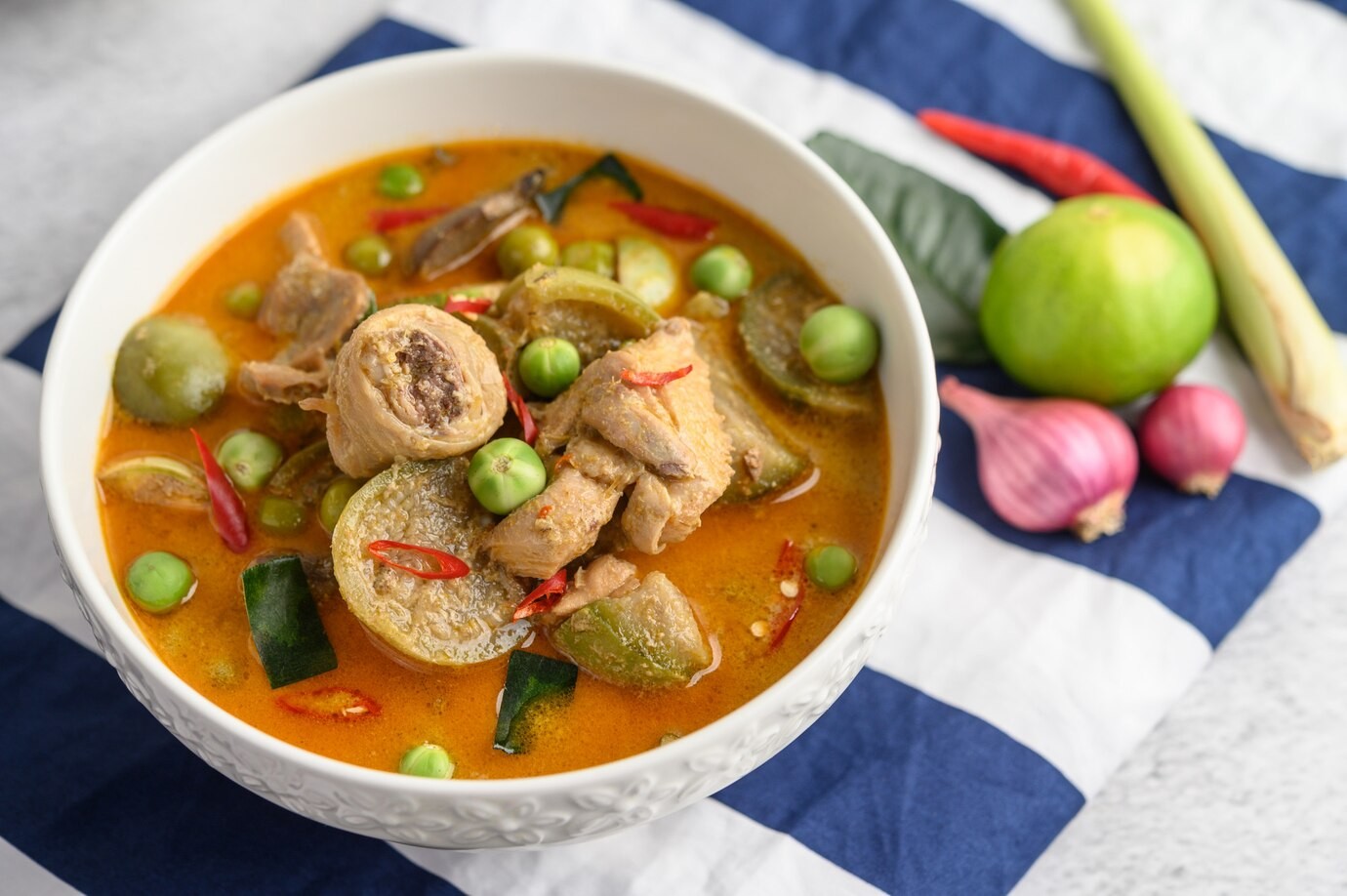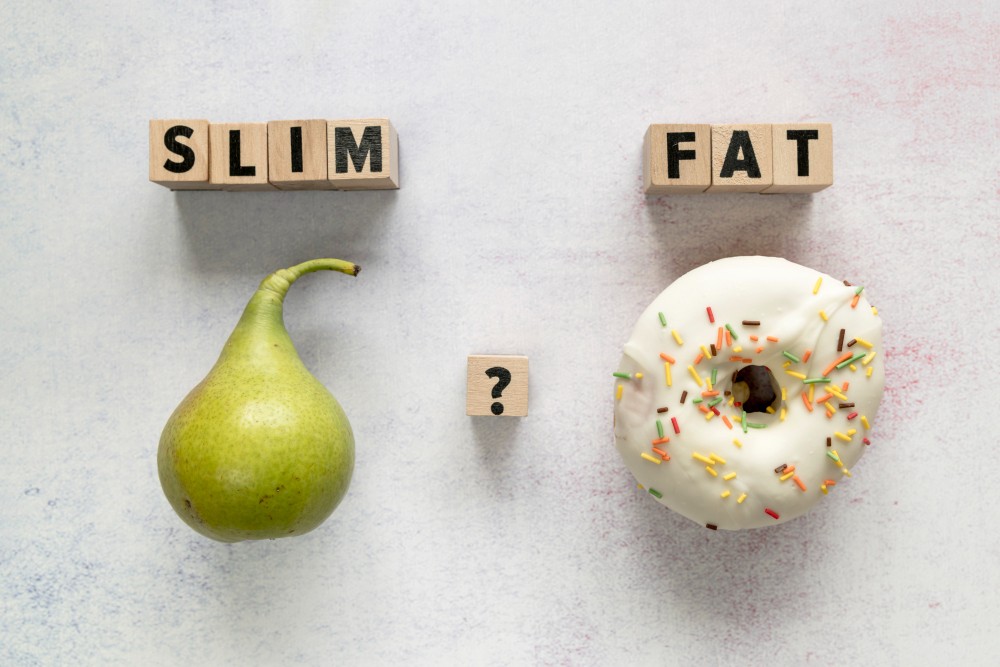Dalam menjalani program hamil, Anda dan pasangan perlu menjaga kesehatan fisik dan mental dengan baik. Makanan dan minuman yang Anda konsumsi dapat memengaruhi kesuburan dan keberhasilan program hamil Anda.
Selain mengonsumsi makanan sehat kaya folat dan gizi seimbang, Anda juga perlu mengetahui beberapa jenis makanan dan minuman yang sebaiknya dihindari selama mempersiapkan kehamilan.
Makanan dan Minuman yang Sebaiknya Dihindari selama Program Hamil
Daging merah dan olahan
Daging merah dan olahan seperti sosis atau bacon berisiko menyebabkan infertilitas pada pria dan wanita. Sebuah penelitiian menyebutkan bahwa, pria yang mengonsumsi daging olahan dalam jumlah besar memiliki kualitas sperma yang lebih rendah dari pria yang mengonsumsi ikan. Daging merah dan olahan juga mengandung lemak trans dan lemak jenuh tinggi, yang sering dikaitkan dengan kesuburan yang lebih rendah.
Baca Juga: Dua Komplikasi Kehamilan yang Dianggap Sepele Padahal Berbahaya
Karbohidrat olahan
Makanan karbohidrat olahan, termasuk di antaranya adalah makanan dengan indeks glikemik tinggi, dikaitkan dengan penurunan kesuburan pada sebagian wanita. Risiko penurunan kesuburan lebih tinggi ketika pola makan rendah serat dan tinggi gula tambahan. Makanan dengan indeks glikemik tinggi dapat memicu lonjakan gula darah lebih signifikan dibandingkan dengan makanan indeks glikemik rendah.
Jika pola makan Anda banyak karbohidrat olahan dan makanan rendah serat, sebaiknya pertimbangkan untuk menambahkan makanan berserat tinggi pada pola makan sehari-hari.
Makanan yang dipanggang
Makanan yang dipanggang seperti kue kering, donat, dan kue, terutama yang digoreng atau mengandung margarin, mungkin mengandung banyak lemak trans dan lemak jenuh. Mengonsumsi jenis lemak ini dikaitkan dengan penurunan kesuburan. Penelitian mengungkapkan, diet tinggi lemak trans dan rendah lemak tak jenuh sering dikaitkan dengan peningkatan risiko masalah kesuburan.
Kafein
Kafein, baik yang terkandung dalam kopi dan teh sebenarnya boleh-boleh saja dikonsumsi oleh Anda yang sedang menjalani kehamilan. Para ahli merekomendasikan kadar kafein per hari tidak lebih dari 200 mg.
Hingga saat ini penelitian mengenai kafein dan kesuburan masih beragam. Setiap orang dapat memiliki reaksi yang berbeda-beda terhadap kafein. Jika Anda ingin mengonsumsi kafein di masa program kehamilan, sebaiknya konsultasikan terlebih dahulu dengan dokter Anda.
Minuman beralkohol
Baik pria dan wanita yang sedang menjalani program hamil sebaiknya menghindari konsumsi alkohol. Penelitian menunjukkan, minum alkohol lebih dari 2 gelas sehari dapat menurunkan kesuburan wanita dan membuat wanita membutuhkan waktu lebih lama untuk hamil. Begitu juga pada pria, minum alkohol berlebihan dapat menurunkan testosteron dan mengganggu keseimbangan hormon reproduksi.
Baca Juga: Bolehkah Cabut Gigi saat Hamil?
Tips Meningkatkan Peluang Kehamilan
Selain menghindari sejumlah makanan tertentu, perubahan gaya hidup sehat juga dapat membantu meningkatkan peluang kehamilan saat program hamil. Beberapa tips yang bisa Anda lakukan untuk meningkatkan peluang kehamilan di antaranya:
- Berhubungan seks ketika mendekati waktu ovulasi, umumnya sekitar 2 minggu setelah menstruasi
- Menjaga berat badan tetap normal
- Berhenti merokok
- Kurangi konsumsi kafein
- Hindari olahraga berat secara berlebihan
- Tidur cukup
- Mengelola stres dengan baik
- Mengonsumsi suplemen sesuai anjuran dokter
Keberhasilan program hamil dipengaruhi oleh banyak faktor. Sebaiknya konsultasikan ke dokter jika Anda memiliki masalah kesuburan. Anda juga bisa memanfaatkan fitur konsultasi pada aplikasi Ai Care yang bisa diunduh di App Store atau Play Store.
Mau tahu informasi seputar kehamilan, menyusui, kesehatan wanita dan anak-anak? Cek di sini, ya!
- dr Nadia Opmalina
Panoff, L. (2021). 5 Foods to Avoid When Trying to Get Pregnant. Available from: https://www.healthline.com/nutrition/foods-to-avoid-when-trying-to-get-pregnant#1-Red-and-processed-meats
Cahn, M. (2023). 10 Things to Avoid When Trying to Get Pregnant. Available from: https://www.thebump.com/a/what-to-avoid-when-trying-to-conceive
American Pregnancy Association. How to Get Pregnant – Best Tips to Help You Conceive. Available from: https://americanpregnancy.org/getting-pregnant/how-to-get-pregnant/
Mayo Clinic. How to Get Pregnant. Available from: https://www.mayoclinic.org/healthy-lifestyle/getting-pregnant/in-depth/how-to-get-pregnant/art-20047611












